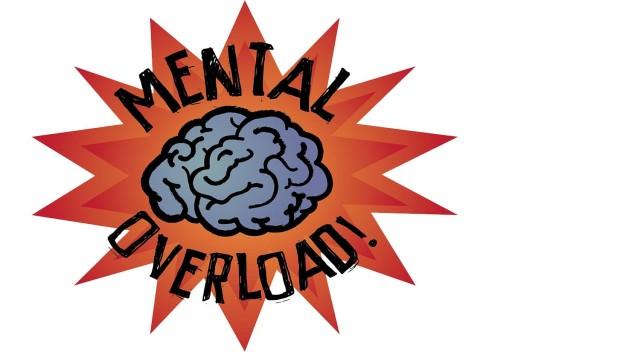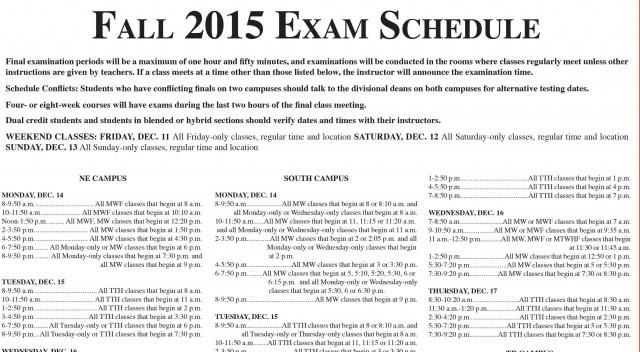Being convicted of a felony is binding. Not only does it take up months or years of offenders’ lives, but it can also easily be a stain they wear long after they’ve been released into the public.
To stay out of jail or prison, one’s ability to secure a job or get into college is paramount. Often, both of these goals seem too lofty when newly released individuals are disregarded because of a single question with two boxes.

“Have you been convicted of a crime?”
The only elaboration the job or FAFSA application permits is the type of criminal offense.
It’s the set of chains many former prisoners are shackled with long after they leave the confines of a prison or jail cell.
These chains confine many of these people who would like to obtain a degree but can’t afford the price of college. Potential FAFSA applicants can’t have criminal records if they want federal assistance with college. In fact, the moment they click the “yes” box, FAFSA thanks them for applying and no further information is asked of them.
In the workplace, the sentiments are shared with employers. The moment an applicant checks the “yes” box, many hiring managers will toss that application to the side. And without even meeting the person, they will disregard the application, and that applicant will never get the interview.
Of course, many factors can play into an application getting tossed. Sometimes an applicant’s availability doesn’t match the employer’s need or maybe the name would make an employer think twice. But these are all things that would still grant someone an interview faster than someone with a criminal record.
And that doesn’t seem fair. Parents always warn their children that one mistake can ruin their lives. But should mistakes — whether making wrong life choices, being in the wrong place at the wrong time or desperate for money or acceptance — that people made years ago define who they are on paper?
A nationwide movement known as Ban the Box calls for employers to take the question about criminal history off the application.
President Obama has announced that he’s taking steps to ban the box on federal job applications.
Ban the Box has hit a lot of resistance from employers who have misunderstood its intentions. The common misconception is that the movement wants to keep employers in the dark about the person’s criminal history.
Denial of criminal history isn’t the point of this movement.
Of course, employers will get the chance to talk to the job hopefuls about their criminal history, but they think it’s unfair to have it be the first thing they know about individuals before they meet with them.
And it is unfair to continuously judge people for a mistake made in the past without at least meeting them. That isn’t to say people with criminal histories can’t lie and use deception to get where they want, but benefit of the doubt could go a long way.
Employers also argue the point of cost. The question exists on the application to save money on the number of background checks that may or may not fail. And in ways, that’s understandable. No employer wants to get invested in possible new-hires only to find out they’ve failed the background check.
But companies have to do a background check regardless. And if applicants express what happened with their criminal histories before that step in the job-search process, what difference would it make?
It’s not much to ask employers to be less superficial about their applications and remove such a damning question that makes it nearly impossible for people to put the past behind them.































